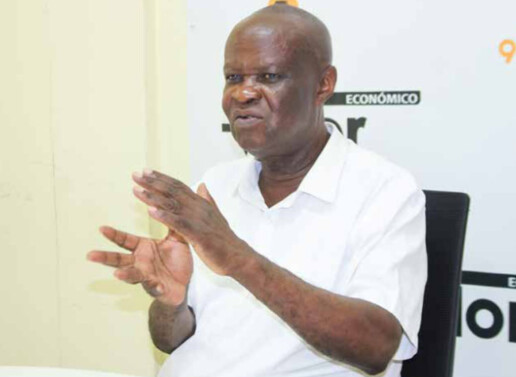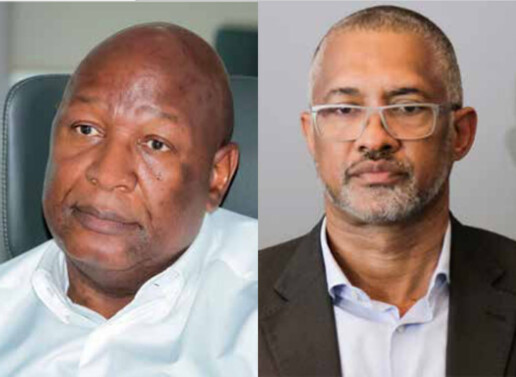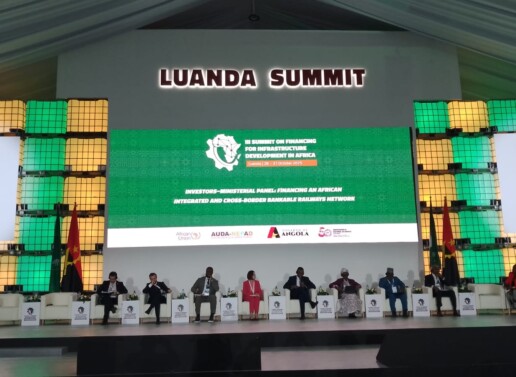According to the leader of UNITA, “marginal” processes that bypass genuine public procurement standards are “creating new millionaires and new monopolies,” a phenomenon he sees as reflecting “corruption now taking on new forms and methods.”
The president of UNITA stated today that public contracting outside the legal framework is producing new millionaires in Angola and that the country spent $32.7 billion on simplified procurement between 2018 and 2024.
“Simplified procurements and no-bid contracts have been approved en masse and at a frantic pace by the head of the executive branch,” said Adalberto Costa Júnior during the opening of the Parliamentary Sessions of the National Union for the Total Independence of Angola (UNITA), held in Cabinda.
Costa Júnior, who has consistently criticized simplified and/or non-competitive contracting in the country (authorized through presidential decrees), noted that the equivalent of $32.7 billion (€30.3 billion) was spent through simplified contracts from 2018 to December 2024.
“A very large amount of public money without tender,” he observed, lamenting that major public works and construction projects are often tainted by cartel-like processes and practices.
According to the UNITA leader, from these “marginal” processes that violate proper procurement norms, “new millionaires and new monopolies are emerging,” reflecting “corruption embedded in new structures and methods.”
“These bad practices mean that Angola’s wealth—and Cabinda’s in particular—is barely reflected in the living conditions of its people,” he criticized, adding that the country urgently needs reform.
The parliamentary sessions, running until Sunday in this northern province of Angola, also offer an opportunity for UNITA lawmakers to assess the impact of 50 years of MPLA rule (in power since independence in 1975) on the lives of Cabinda’s residents.
Stating that Cabinda “is a land rich in oil and many other resources, but it is not a happy land,” the UNITA leader urged his party’s deputies to reconsider the province’s status from the perspective of local governance.
Adalberto Costa Júnior reiterated UNITA’s support for the implementation of local governments throughout the country—a goal of participatory constitutional democracy—“which remains on paper only due to the ruling regime’s lack of political will.”
“I believe that the ‘Mbinda’ people [as Cabinda natives are also known] truly want the institutionalization of local governance to address their specific challenges,” he stated.
The National Assembly member also emphasized the “absolute need for (…) urgent reforms” in the country.
“Only with reforms that help build a democratic state governed by the rule of law can we achieve happiness for all Angolans,” he declared.
For the UNITA leader, “the effective institutionalization of local governments is a priority within the framework of reforms,” along with the “de-politicization of public institutions and the independence of the judiciary,” calling for full civil society participation to achieve those reforms.
Cabinda, an Angolan province rich in oil resources and home to an independence movement seeking regional autonomy, is hosting UNITA’s parliamentary sessions under the theme: “For Local Autonomy, In Service of the Citizen.”
Jornal Económico , 27/03/2025







